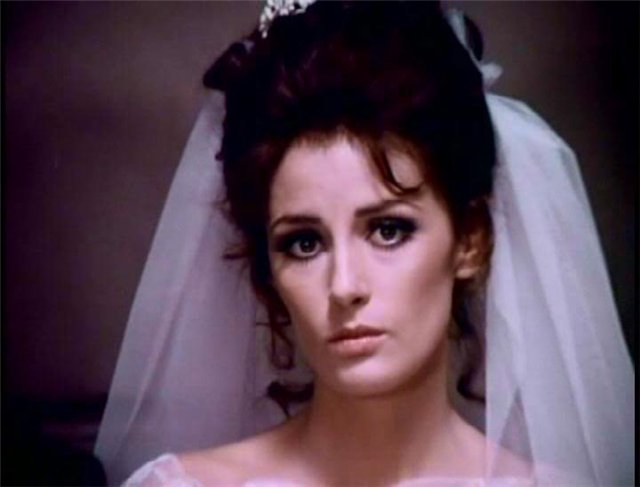
image edited by W. Investigator
Self-marriage promises love and fulfilment – but is it a radical act or a depressing concession to self-absorption?
This summer I got married for the second time. Unlike my first wedding, in a town hall 11 years ago, this one was strictly informal. The ceremony took place at the Karaoke Pit in Berlin’s Mauerpark, a dilapidated concrete amphitheatre in the middle of the former no-man’s land between East and West Berlin. There were some 500 guests in attendance, most of whom I’d never met before and would never see again. My dress was black and I kept my sunglasses on. There were no bridesmaids, no public registrar, let alone a priest or rabbi, and no papers were issued at the end. Moreover, there was no bridegroom: I was, as it happened, getting married to my own self – with my husband and our two children watching from the front row.
I formalised my vows with karaoke, offering a musical and performative statement of intent in front of the assembled (and mostly unwitting) witnesses. This improbable 4.5-minute ceremony was the way I capped off a 10-week online course on self-marriage, which I took this spring. I was motivated three-quarters by what C W Mills in 1959 called the ‘sociological imagination’ – the capacity to discern the link between our everyday experience and wider society – and one-quarter by unbridled curiosity about the intricate workings of modern love.
‘Sologamy’ is the latest relationship trend not only in Europe and the United States but also Japan. A budding industry of self-marriages promises to make us happier by celebrating commitment to the only person in this world truly worthy of a relationship investment: our precious self. A variety of coaches worldwide offer self-marriage courses, including guidance through preparatory steps (such as writing love poems and composing vows) and orchestration of the ceremony itself.
While self-marriage has no legal power (you can’t normally do it in a town hall, at least not yet), it is open to anyone regardless of age and gender. I wasn’t – and am not – single, but that doesn’t disqualify me; my coach cheerfully confirmed that anybody, regardless of their situation, was welcome to learn how to ‘cherish’ and ‘love’ themselves. Still, most women (and it is almost always women) whose stories I read in blogs, Facebook pages and media reports were driven into self-marriage by the desire to emancipate themselves from the stigma attached to singledom and by the prospect of self-discovery. Some hoped that self-marriage would ‘heal them from a chain of painful break-ups’; others opted for it as a means of proving the worth of their lifestyles – and all of them were willing to learn how to love themselves ‘unconditionally’. Welcome to the 21st century, where we are no longer only ‘bowling alone’, to use the expression coined back in 1995 by the American sociologist Robert Putnam – we are marrying alone, too. So is this a sign of a radical new kind of independence, or a depressing totem to our self-absorption?
At its core, self-marriage is a classic rite of passage with three obligatory stages: separation, liminality and incorporation. The first stage – symbolic death – serves to break all ties that no longer serve you. The second stage is all about ‘discovering’ your new love for yourself, through techniques such as self-addressed love letters and poems. And, finally, the third stage, the big shebang: the wedding ceremony, meant to seal the bond between You and You, through your choice of self-declared vows…
more…
https://aeon.co/essays/does-self-marriage-challenge-romantic-ideals-or-just-cave-to-them



